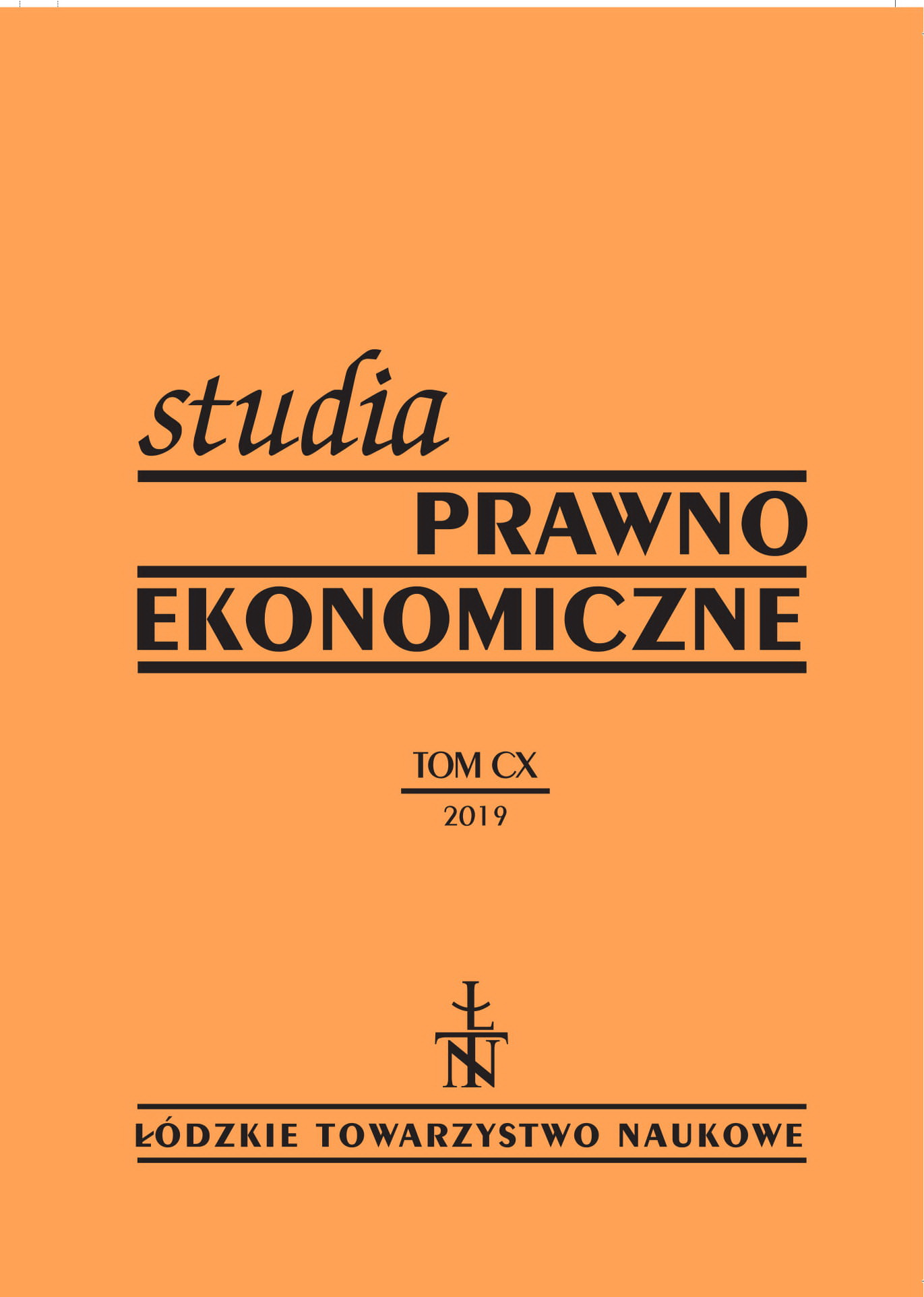Hadrian wobec dzieci żołnierzy – uwagi na tle epistula hadriani de bonorum possesione liberis militium danda
Epistula hadriani de bonorum possesione liberis militium danda. The Letter of Emperor Hadrian on the Inheritance Rights of Soldiers’ Childern
Author(s): Adam Świętoń, Konrad Tomasz TadajczykSubject(s): Politics, Political Theory, Political history, Social history
Published by: Łódzkie Towarzystwo Naukowe
Keywords: Roman law; inheritance law; Roman army
Summary/Abstract: Starting from the 1st century AD, the marriages of Roman soldiers were banned in order to prevent the military discipline. In consequence the union between the soldiers and women (mostly peregrine but also Roman citizens) were legally ineffective. Effects of the ban were mainly referable to the private law. The most severe was the illegitimacy of the soldiers’ offspring. Liberi illegitimi were not in the potestas of their fathers and had no inheritance rights. But in the case of soldiers’ children the concession was made: soldier has a possibility to include the Latine or peregrine in his will (testamentum militis), so his child – as a son of peregrine women – could inherit ex testamento. However, it was not possible to inherit when the soldier died intestate. In his epistula issued in 119 AD emperor Hadrian allowed the soldiers’s liberi illegitimi to inherit ab intestato. In the case of bonorum possessio they were appointed as a heirs among other cognates (unde cognati). The article presents the circumstances of issuing and legal effects of the epistula.
Journal: Studia Prawno-Ekonomiczne
- Issue Year: 2019
- Issue No: 111
- Page Range: 97-116
- Page Count: 20
- Language: Polish

